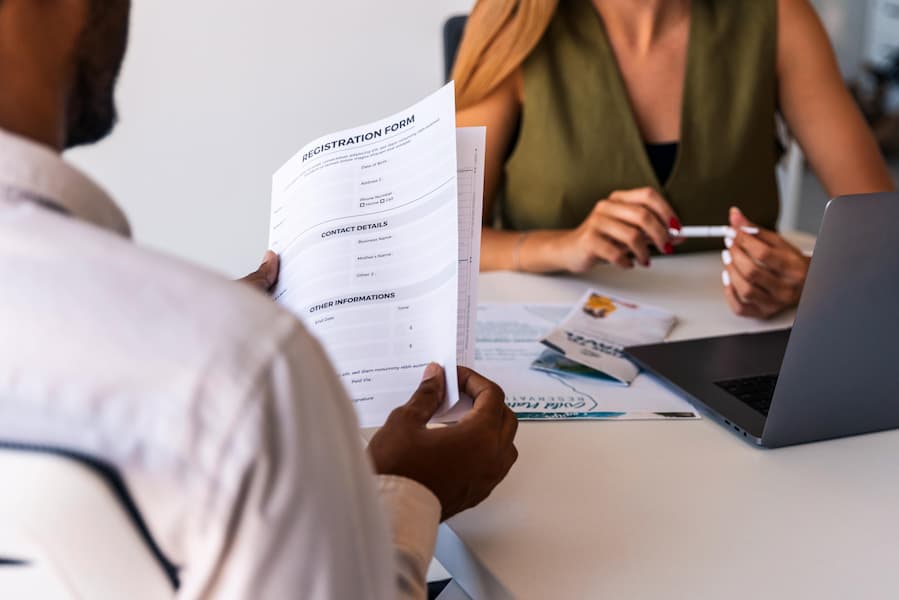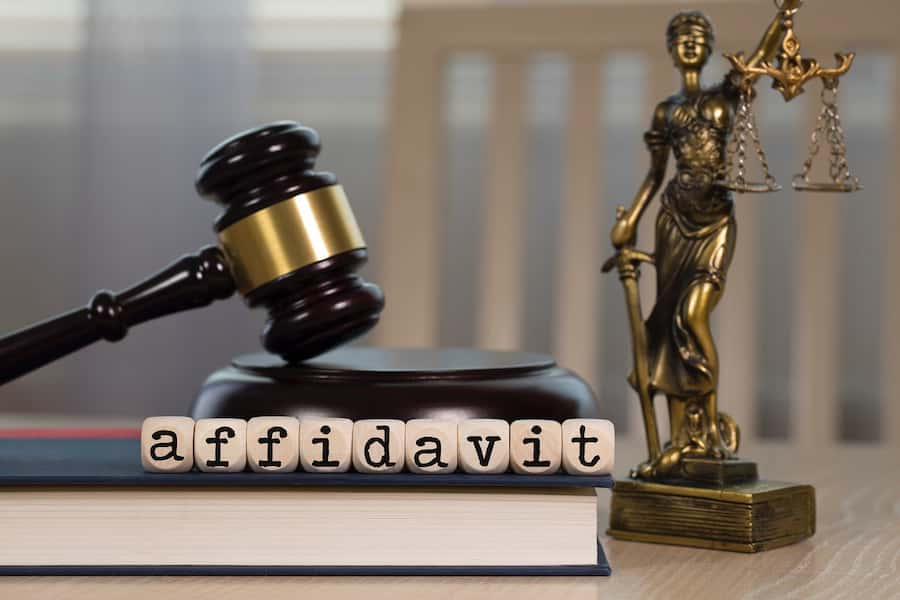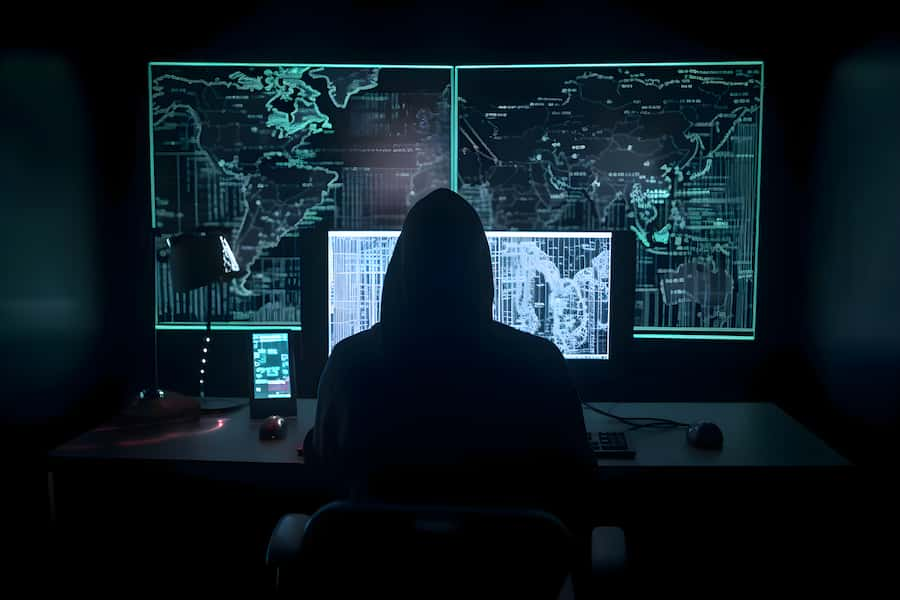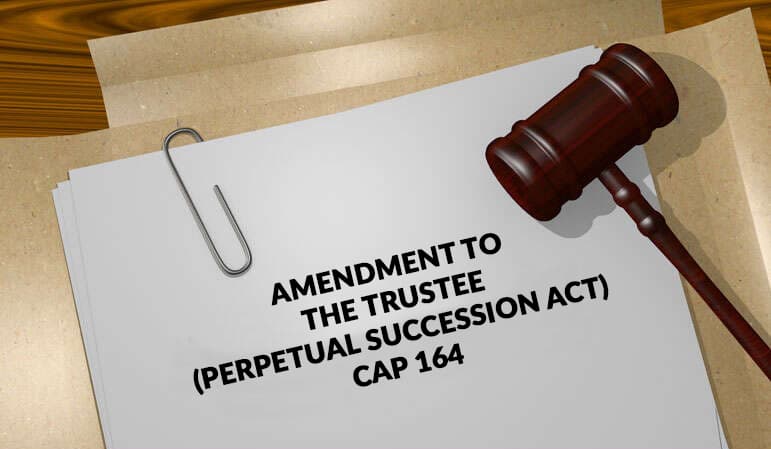A synchronization license is an agreement between a music user and the owner of a copyrighted composition (song) that grants permission to release the song in a video format (YouTube, DVDs, Blue-ray discs). This permission is also called synchronization rights, synch rights, or sync rights.
Who needs a Synchronization License?
Whenever you release a recording of a song that someone else wrote in a video format, even if it’s just a small portion of the song, you need a synchronization license. Synchronization licenses are most commonly used for YouTube videos, cover song videos, wedding videos, and commercial and corporate videos. For example, if you release a YouTube video of your band playing a Sauti Sol song, even if you use only a portion of the song, you need a synchronization license. If you release a DVD of yourself playing a octopizzo song or singing Nyashinski lyrics, you need a synchronization license.
A synchronization license is required no matter how small a portion of the song you use. Exceptions where a synchronization license is not required include for songs that you have written yourself or songs that are in the public domain.
It is important to note that synchronization licenses apply for video products, namely DVDs, YouTube videos, other web videos, and slideshows. If you are creating an audio-only product, such as CDs or vinyl records, you need a mechanical license instead..
If you use an original sound recording belonging to someone else, you will need a synchronization license to pay the composer for the right to use the composition (song), and also a master license to pay the artists for the right to use the recording. This applies even if you are sampling only a very small portion of any existing copyrighted audio recording.
How Do I Get a Synchronization License?
Synchronization licenses can be quite complex and are custom-negotiated directly with the copyright holder before the use of the song recording. To obtain one you will need to locate the copyright owner and request written permission to the use of the song recording. It is advisable for one to hire an advocate who shall do a search on who currently owns the song and advise to who one should apply to get a synchronization licence.
Furthermore, The National Rights Registry (NRR) portal is the central repository collating details pertaining to ownership of various copyright works. This portal is used by copyright holders allowing them to register and view/download copyright certificates. The portal allows rights holders of the following types of works: music, video, spoken word, literary works etc.
Challenges of Obtaining Synchronization Licenses
Obtaining a synchronization license can be challenging because, by law, synchronization rights holders maintain total control of their works when it comes to video. This means they can set any fee to issue such a licence, take all the time they need to approve a request for one, and also reject the request for such a licence outright. Many factors affect the response; including budget, use, and even the current workload of the copyright holder’s processing department. For this reason, it is important to temper expectations when requesting for a synchronization license.
Who Gets Paid?
Under a synchronization license, a royalty is paid to the copyright holder (owner) of the composition (song), who is typically the composer or their publisher. However, synchronization rights can sometimes be sold and, if sold, a song might have a new owner other than the original composer or publisher. For this reason, it is important to locate the current copyright holders before lodging an application for a synchronization licence.
When Should I Have My Synchronization Licensing in Place?
Synchronization licenses must be secured before the distribution of a sound recording. However, because they are difficult to obtain, it is advisable that one makes his/her request many months before the anticipated release date for the sound recording.
It would also be advisable to have a backup plan in place in case you are unable to get the synchronization licence required.
We offer strategic planning as part of our Custom Licensing services. Discover efficient solutions and avoid costly detours by leveraging our experience and expertise.
What Happens if I Don’t Get a License?
If you don’t get a licence you risk having your song, artistic work, sound stolen or infringed upon by several parties and you do not get paid and end up losing revenue.
How can we assist you?
We can advise you on the requirements for applying for a synchronization licence for your business needs and assist in the application process.
Please contact us for our services at info@netsheria.com or visit our website at https://netsheria.com/ for more on our services.






